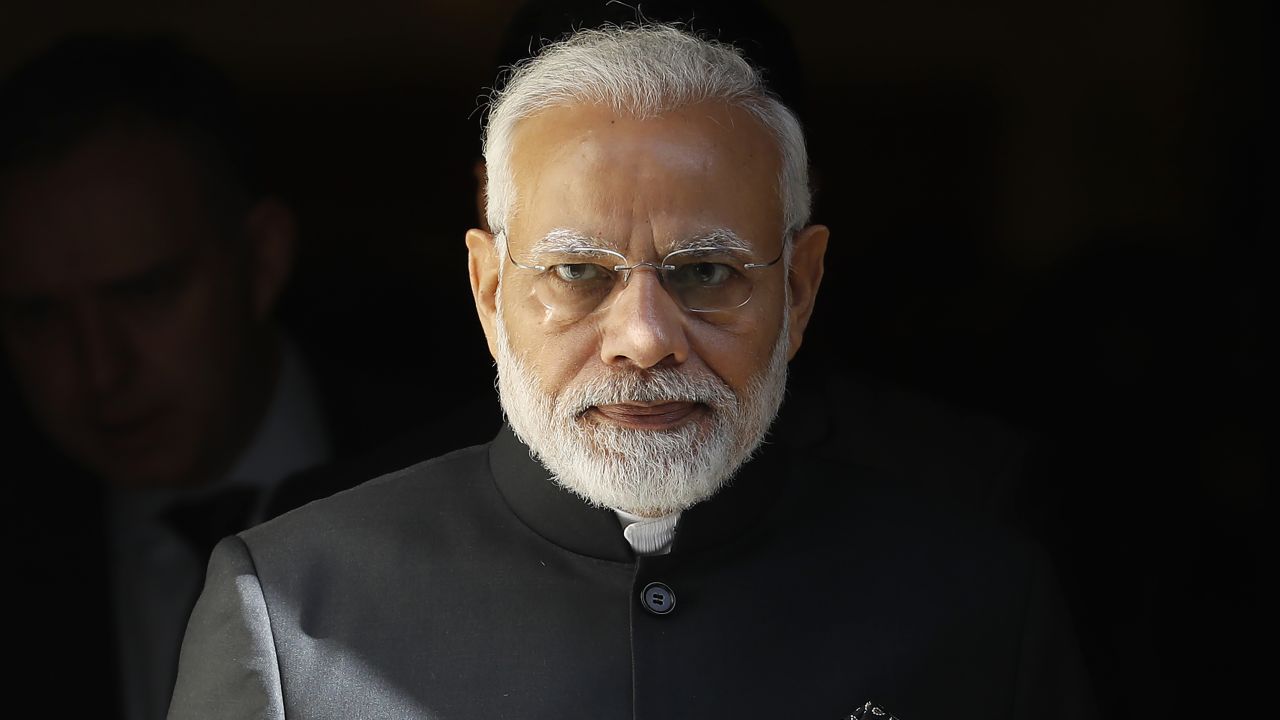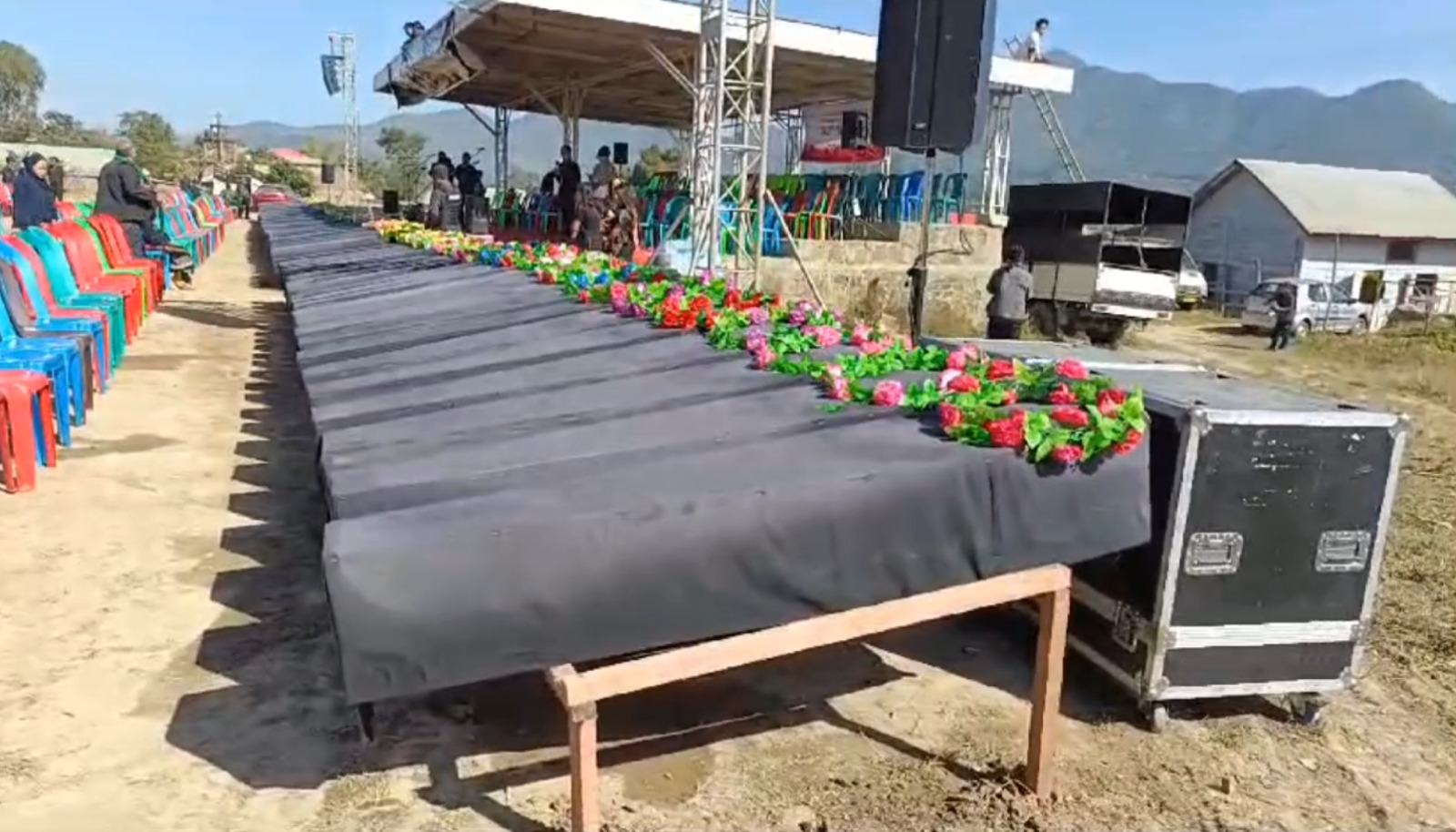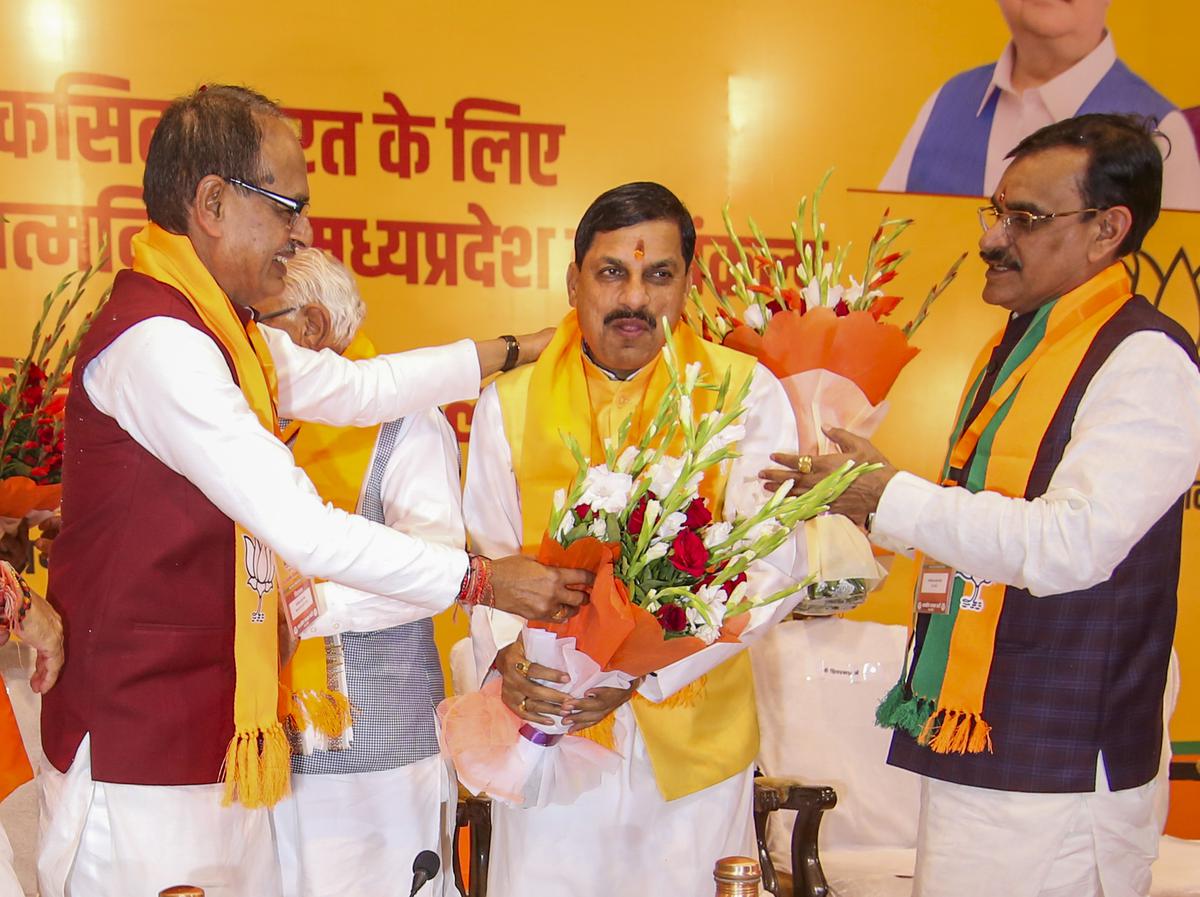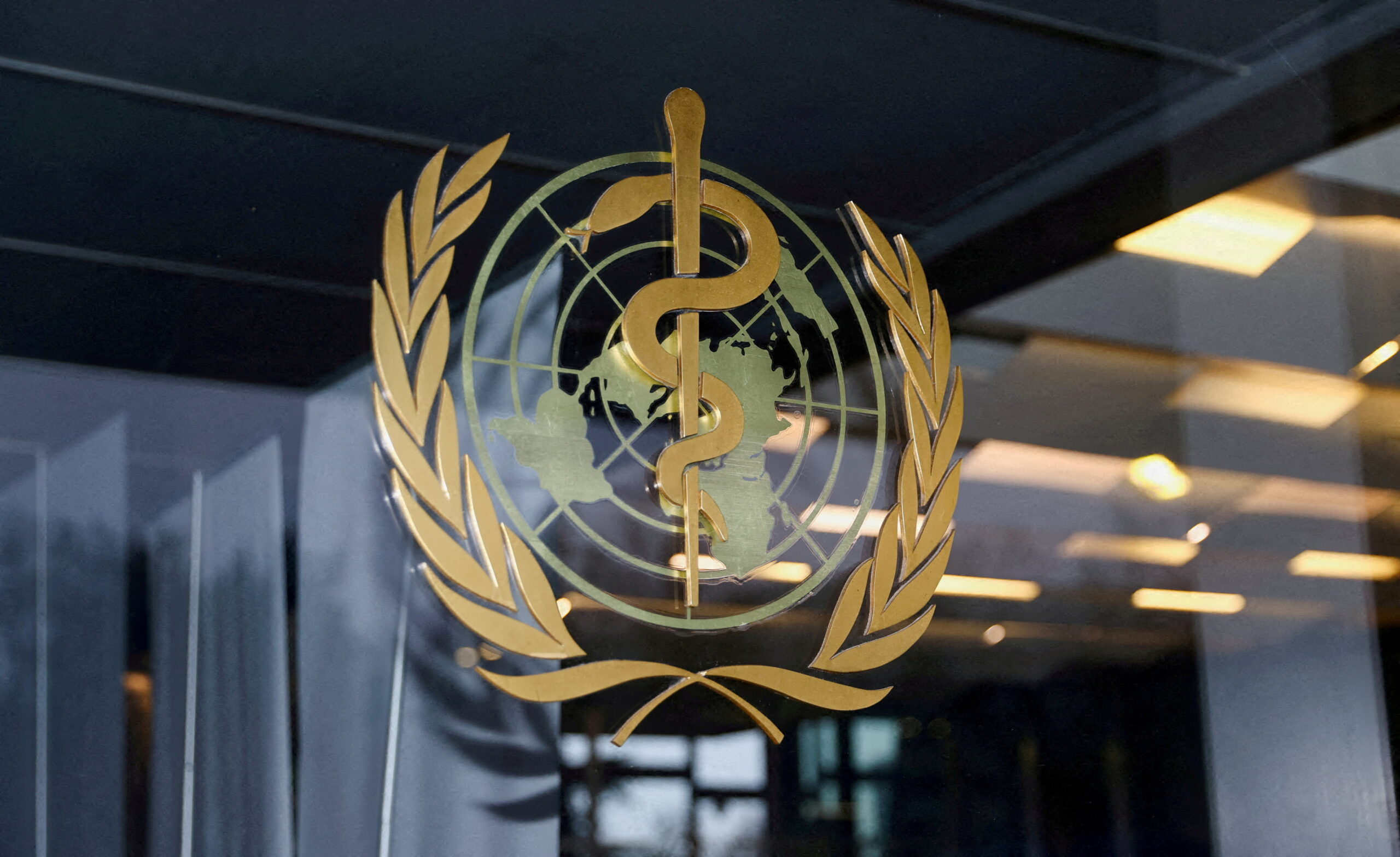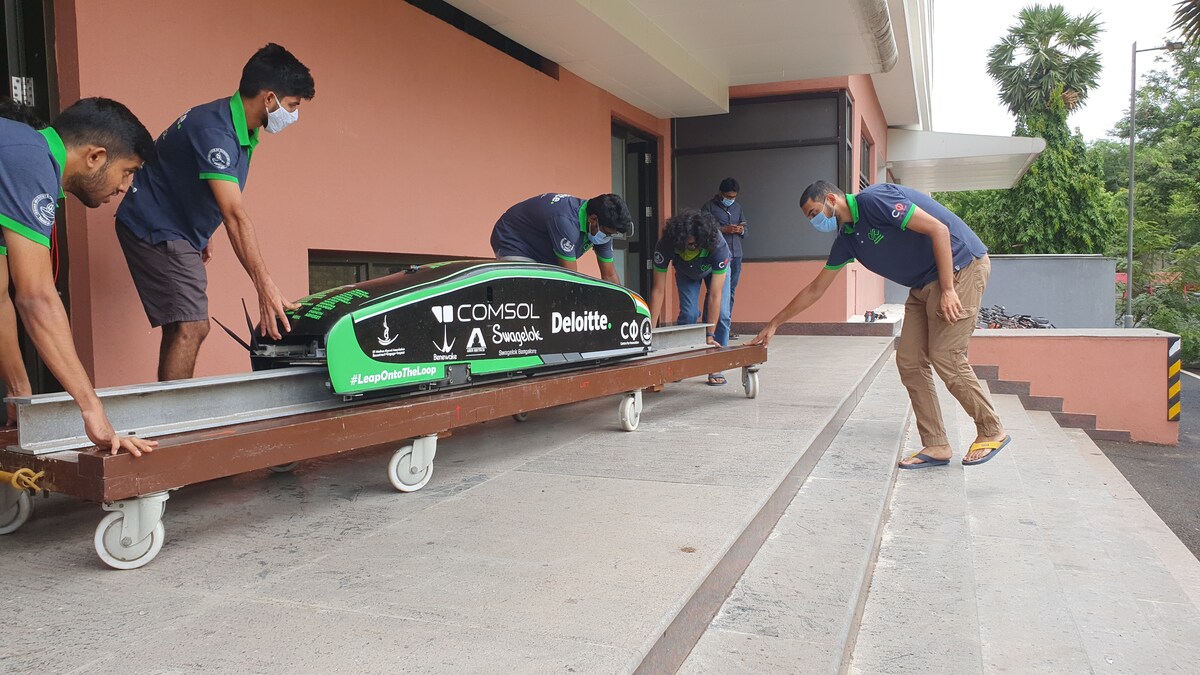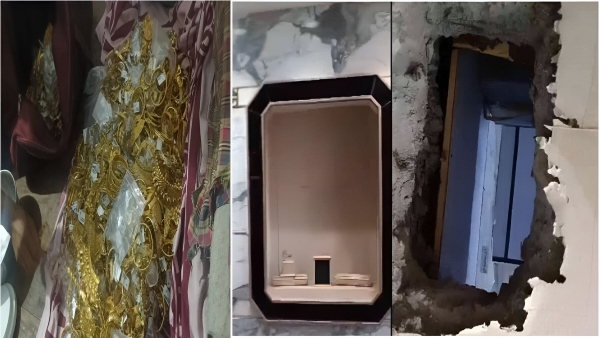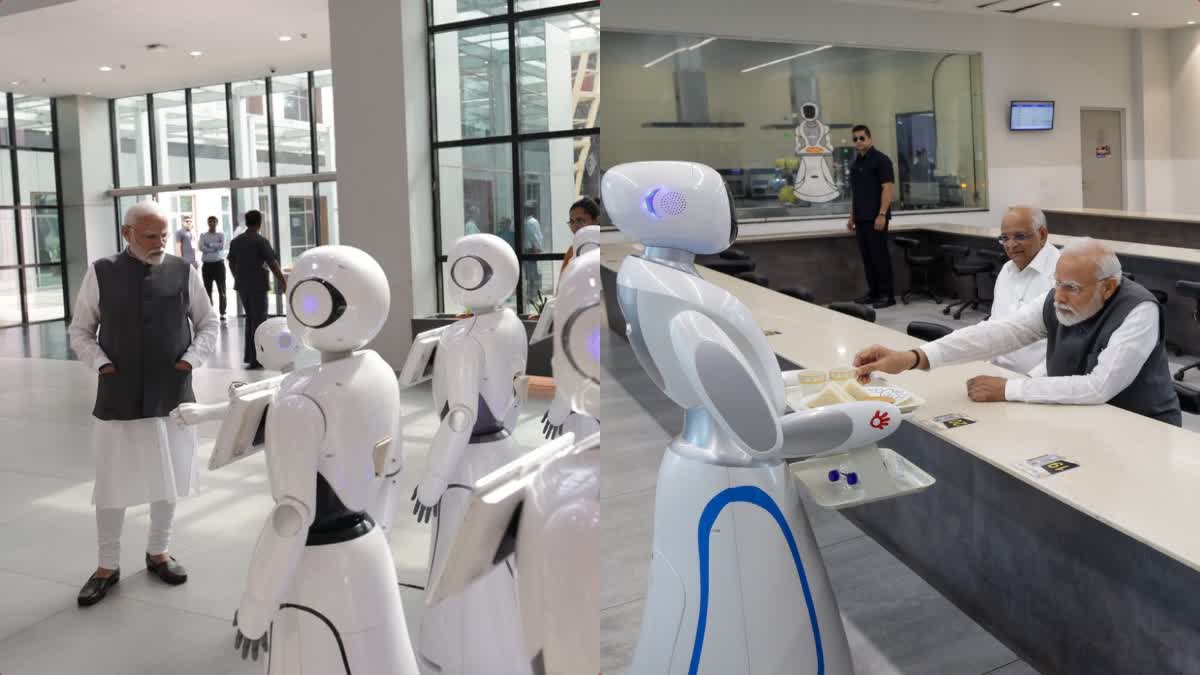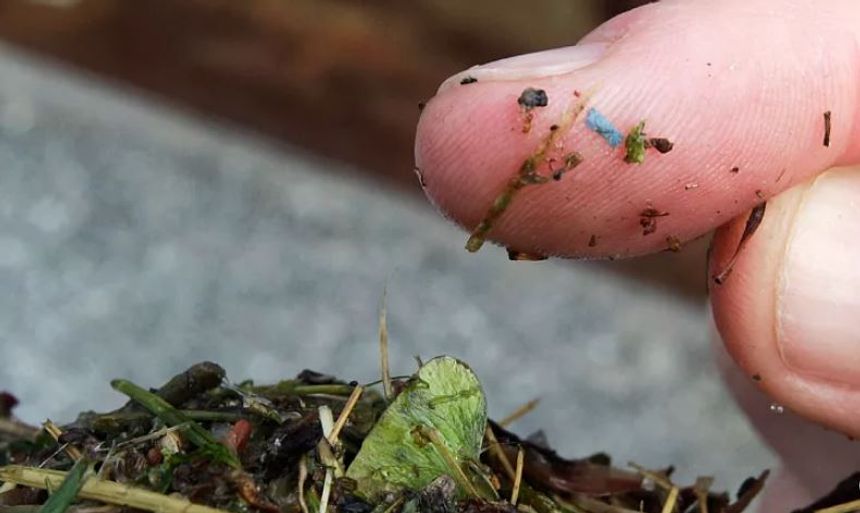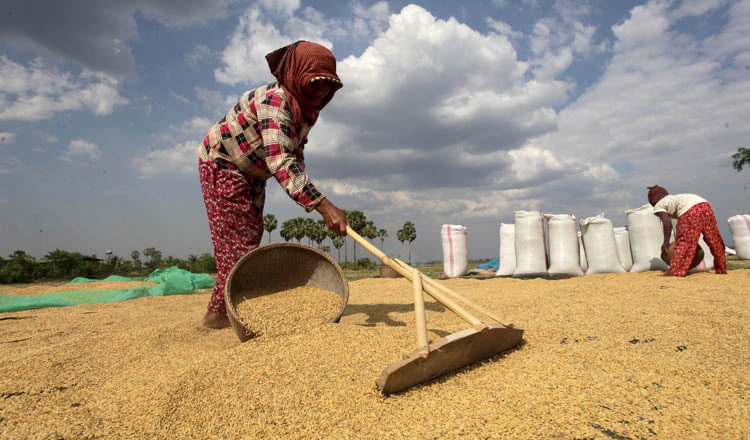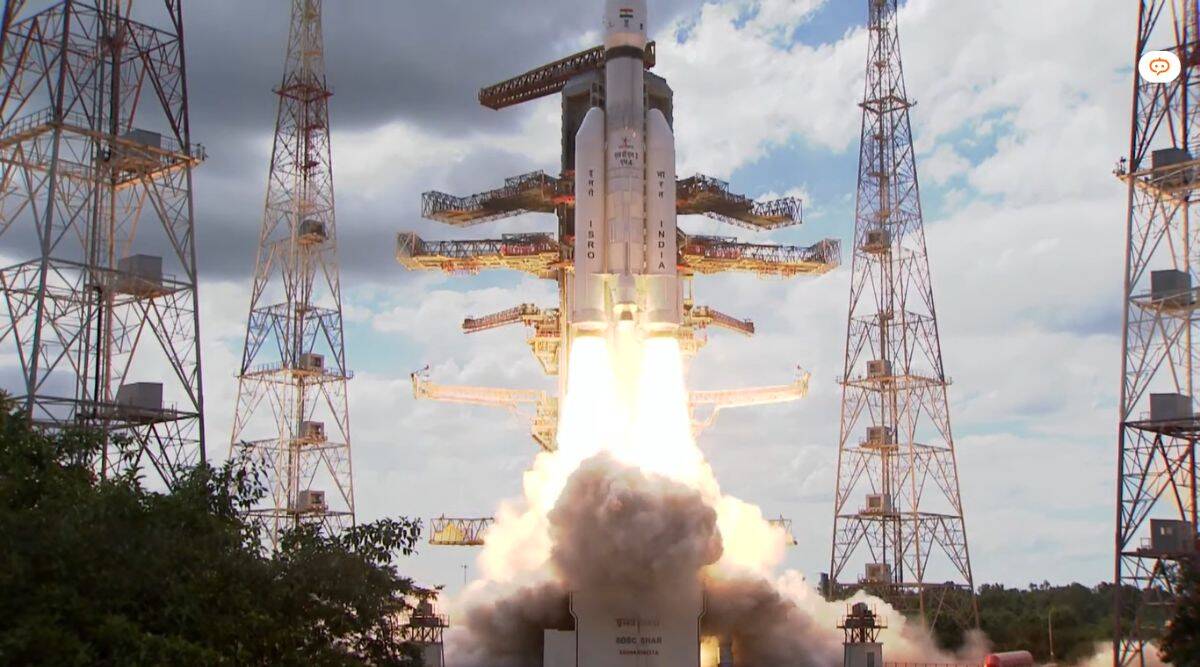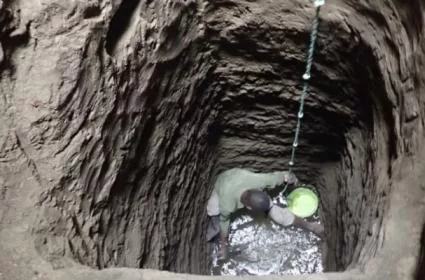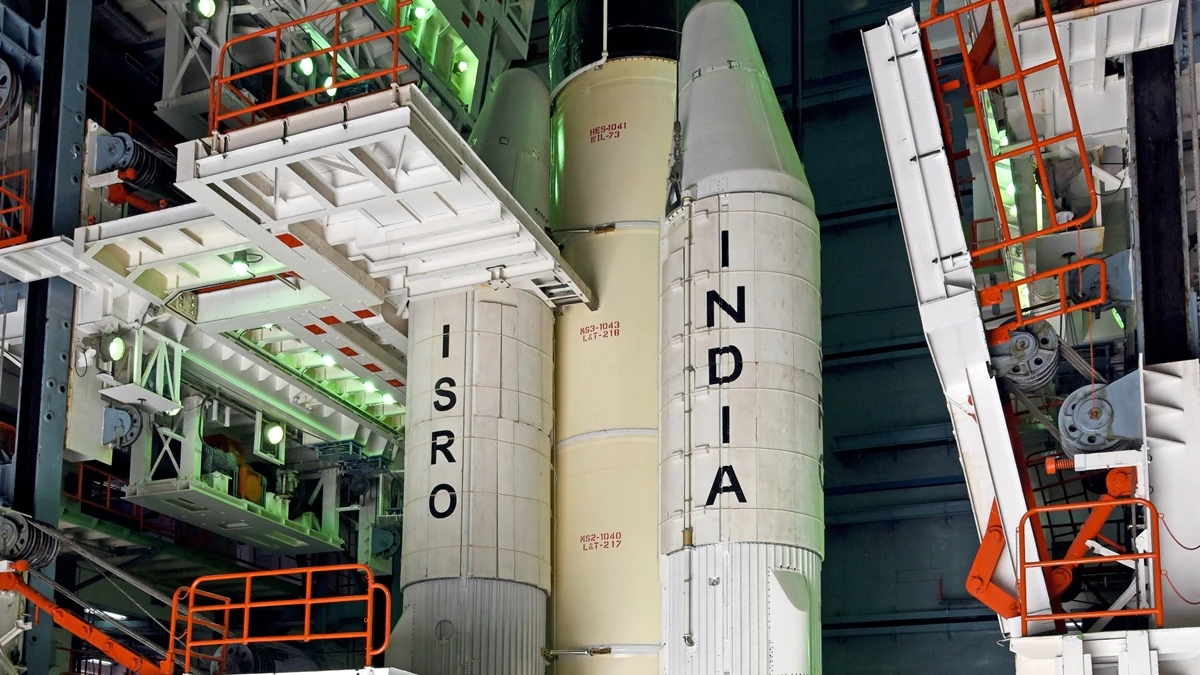
The first cannabis medicine project in India would be pioneered in Jammu, according to Union Minister Jitendra Singh, who further stressed that the CSIR-IIIM initiative will result in export-quality medications for various neuropathies and diabetic problems.
In a public-private cooperation with a Canadian company, the CSIR-IIIM Jammu’s “Cannabis Research Project” is a first of its type in the nation and has the “potential to put substance of abuse for the good of mankind, especially for patients suffering from neuropathies, cancer, and epilepsy.”
Singh went to the farm to learn firsthand about the methods used to grow cannabis in the protected area of the institute and the research being done on this significant plant.
The science and technology minister told reporters, “This project of CSIR-IIIM is also important from the perspective of ‘Atmanirbhar Bharat’ (self-reliant India), as it will be able to produce export quality medications meant for various types of neuropathies and diabetic pains after getting all the approvals.
Since drug addiction is a problem in Jammu and Kashmir and Punjab, he claimed, this kind of effort would raise awareness of the fact that this drug of abuse has a variety of medicinal uses, particularly for those with cancer and other disorders.
“J&K has the capacity to develop such types of medications that must be exported from other nations, thus the signing of the scientific agreement between CSIR-IIIM and IndusScan was significant not only for J&K but for the entirety of India. According to him, this kind of enterprise will spur significant investment in Jammu and Kashmir.
The one acre protected area where CSIR-IIIM is currently doing extensive large-scale production of superior accessions of Cannabis was evaluated by the minister during the field visit. He also went to the climate-controlled glass buildings where research is being done on how to increase the cultivars’ ideal cannabinoid content.

Singh expressed his delight with the CSIR-IIIM’s study on the cannabis project and emphasised the significance of utilising cutting-edge technology and farming techniques to increase the output that would benefit farmers.
Singh emphasised the importance of creating newer indigenous types that would be suitable for the nation’s environmental conditions. He emphasised the importance of biotechnology in this attempt and urged the researchers to keep pushing the limits of knowledge.
The minister was informed by Zabeer Ahmed, director of CSIR-IIIM, that the organisation currently has a repository of more than 500 accessions gathered from various regions of the nation.
In order to provide end-to-end technology for cannabis production and medication research, with a focus on ailments including pain management in cancer and epilepsy, Ahmed added that the institute’s experts were working in many directions.
According to him, CSIR-IIIM has finished its exploratory research on cannabis under a tripartite arrangement with the Department of Biotechnology (DBT) and Indian Council of Medical Research (ICMR), following the J&K government’s approval of a licence for the cultivation of cannabis for scientific purposes.
“It is very vital to perform out Good Manufacturing Practise (GMP)for pre-clinical and clinical investigations which are mandatory prerequisites of the discovery of newer therapeutic medications,” he said. “Further preclinical regulatory studies connected to treatment of cancer pain and epilepsy.
According to Ahmed, a long-standing application for a licence from the J&K government’s Excise Department for the GMP manufacturing and transportation of cannabis material only for scientific purposes has been submitted and is still being processed.



























































































